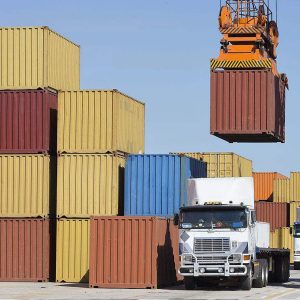Description
The Federal Communications Commission (FCC), established in 1934 by the Communications Act, is an independent agency of the United States government, directly accountable to Congress. The FCC coordinates national and international communications by controlling radio, television, telecommunications, satellites and cables. It involves more than 50 states, Colombia and territories of the United States to ensure the safety of radio and wire communication products related to life and property.
This kind of application products are mainly for IT products and peripheral auxiliary equipment. There is no need for FCC commission personnel to review test reports, and manufacturers can use self-certification. The self-certified test report must be issued by a laboratory accredited to the NVLAP standard. FCC Class A products can be self-certified and the application process does not need to be reviewed by the FCC Commission.
Scope of involvement
FCC certification involves more than 50 states in the United States, Columbia and the United States, in order to ensure the safety of radio and wire communication products related to life and property, the FCC’s Office of Engineering and Technology is responsible for technical support of the Commission. Also responsible for equipment approval affairs. Many radio application products, communications products and digital products to enter the U.S. market, all require FCC approval. The FCC Commission investigates and studies the various stages of product safety to find the best way to solve the problem, and the FCC also includes the detection of radio devices, aircraft, and so on. The United States has become China’s second largest trading partner for several years in a row, and the Sino-US trade volume is on the rise year by year, so exports to the United States cannot be underestimated. The technical standards and import regulations of the United States are the first in the world, and understanding the market access rules of the United States will help Chinese products further open the American market.
DOC common products include IT products, microwave ovens, energy-saving lamps, ballasts and so on.
Testing for DOC typically involves both conduction and radiation, at DOC’s Accreditied laboratory at FCC.
Service advantage
Timeliness: RTS has a set of independently developed LIMS system, which monitors and manages the entire test process, greatly improving work efficiency and shortening the inspection cycle entrusted by enterprises.
Convenient: RTS has a perfect order platform and free on-site pick-up service, and can provide one-to-one consultation and training and one-stop product compliance service chain for enterprises.
Price: RTS in the consulting stage can be based on the product information and material situation of the enterprise comprehensive evaluation, to provide the most appropriate and the most economical quotation scheme for the enterprise, greatly reducing the test cost.
Quality: As a national high-tech enterprise, RTS has dozens of patented inventions and supporting instruments and equipment and professionals to meet the needs of different customers and different products.





